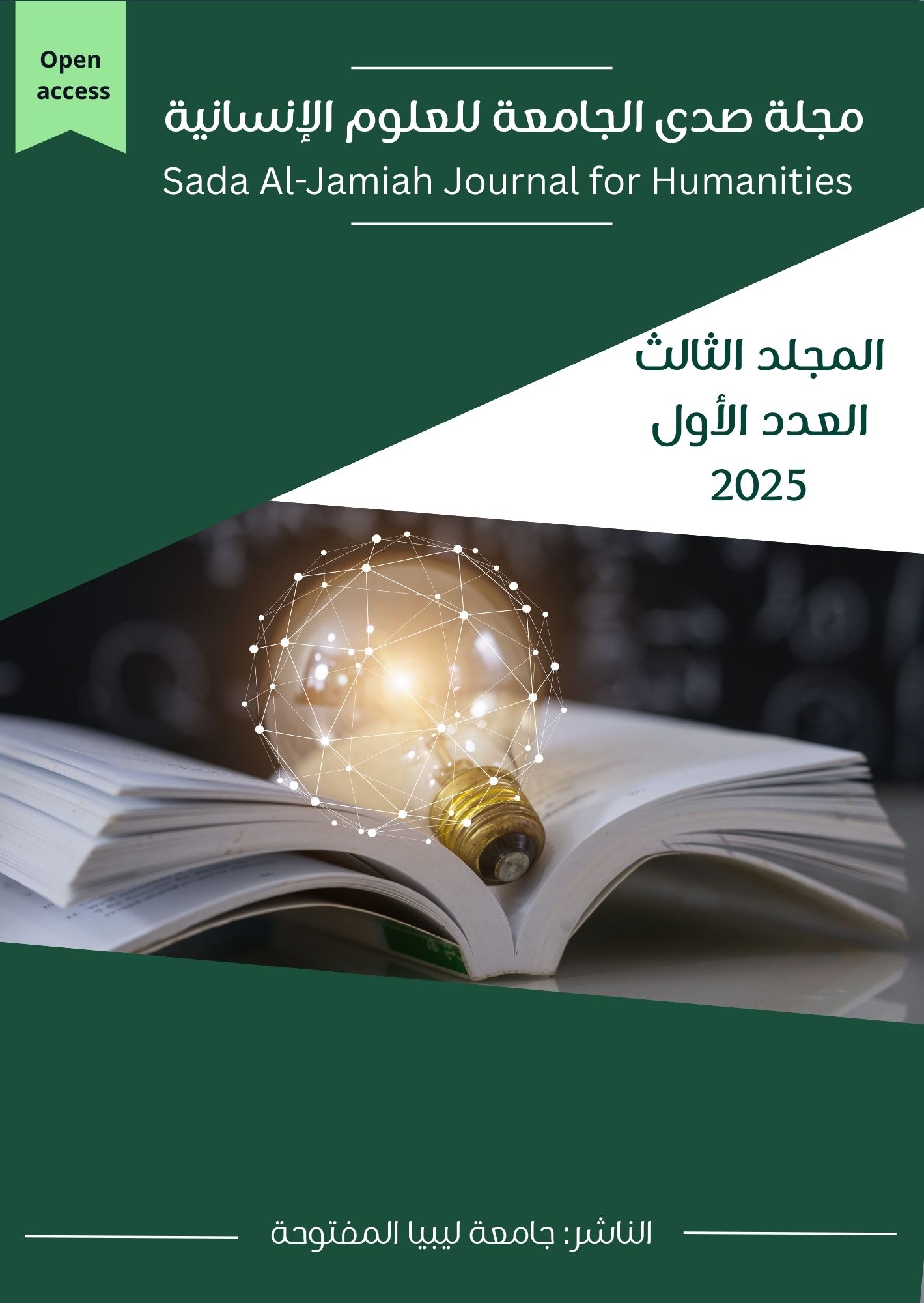Exploring the Body and Memory in Exile: Somatic Trauma in Isabel Allende’s in the Midst of Winter
DOI:
https://doi.org/10.65422/sajh.v3i1.64الكلمات المفتاحية:
somatic trauma، Chilean exile literature، Isabel Allende، embodied memory، corporeal epistemology، Latin American women's writing، transnational trauma، political violence، In the Midst of Winterالملخص
This study examines the evolution from magical realism to what I term "somatic realism" in Chilean exile literature, focusing on Isabel Allende's In the Midst of Winter (2017) as a paradigmatic text that crystallises embodied approaches to representing political trauma. Drawing on somatic trauma theory, particularly the work of Bessel van der Kolk, Judith Butler, and Cathy Caruth, alongside Latin American critical frameworks from Nelly Richard, Idelber Avelar, and Diana Taylor, this analysis demonstrates how contemporary Chilean women writers including Allende, Diamela Eltit, Lina Meruane, and Nona Fernández have developed distinctive corporeal epistemologies that exceed Western psychological models of trauma. Through close textual analysis of In the Midst of Winter, I argue that Allende constructs "corporeal cartographies" that map the hemispheric circulation of state violence through migrant bodies, creating transnational somatic networks that link Southern Cone dictatorships, Central American civil wars, and contemporary forced displacement. The novel's interweaving of three traumatised characters, a Chilean exile with cancer as a somatic manifestation of dictatorship trauma, a Guatemalan migrant whose selective mutism embodies border violence, and an American academic awakening from affective numbness, reveals how political violence persists as embodied memory that transcends national boundaries while respecting bodily specificity. This article contributes to new studies on the somatic turn in Latin American literary studies, as it shows literature also to be an archive and a method for apprehending trauma as a material inscription on the flesh. The study's interdisciplinary approach, bridging literary analysis with neuroscience research on epigenetic trauma transmission and medical humanities perspectives on narrative medicine, offers new frameworks for understanding how bodies simultaneously witness, preserve, and resist political violence across generations and geographies.








